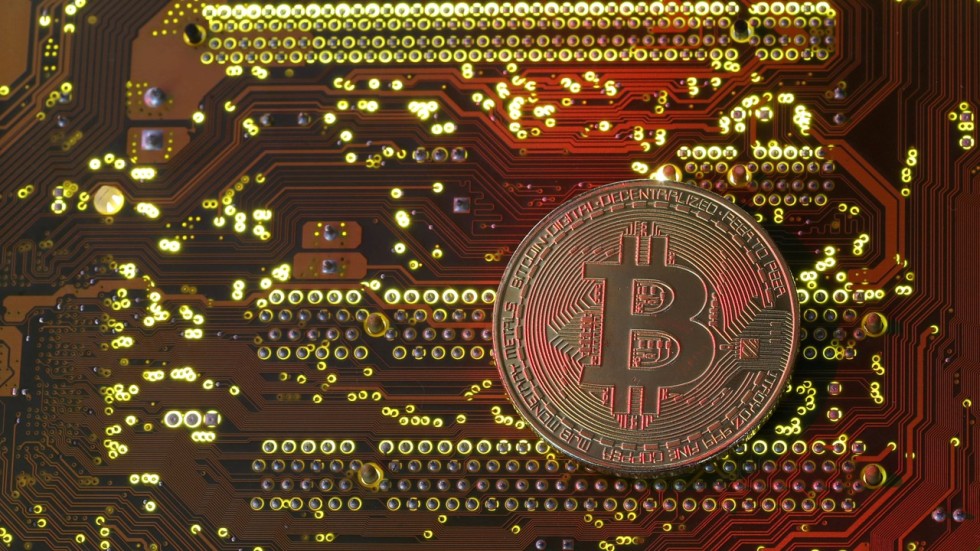When I was a boy, a share was a share. It was a tiny portion of a company based around a piece of paper that said that you owned a tiny part of the company in its entirety and in perpetuity. It is in fact a derivative contract first removed.
Some countries allow company owners to sell shares without the voting rights, devaluing the shares in the eyes of investors. Nevertheless, when the red mist comes down, investors soon forget about the vote and go merely for a share in the profits (and losses) of the company.
The authorities in Hong Kong are close to allowing company owners to keep the votes and large amounts of listing cash to encourage them to list here. Greed on all sides is the key emotion of a bull market at this stage of the economic cycle.
Declining standards and increasing risk are natural bedfellows of greed. Investors go crazy, doubling up for fear of missing out. They invest borrowed money.
Scorpion products are developed which are nasty, poorly understood instruments with a sting in their tail that have the potential for sudden monumental losses.
In the mid 1990s, the billionaires of Indonesia borrowed US dollars at 5 per cent and lent it in rupiah at 22 per cent. After the crash of the latter against the former, they found that they had made a small fortune – out of a large one.
Synthetic financial products built from derivatives, like accumulators, were typical of the last bust in Hong Kong.
Useful for some professionals, deadly for most – but seemed like a good idea at the time.
Derivatives are contracts whose value depends on the leveraged movement of an underlying share, or other asset.
A share is a first-order derivative where you can get profits and dividends from the company.
These second- and third-order derivatives are merely backed by contracts and the credit worthiness of those involved. Bull markets build a house of cards based on layers of debt and excessive trust.
The next crash will not come because of some jiggery-pokery with voting rights or even accumulators; that is so last crash.
This time it is likely to be around derivatives, of which the juiciest candidate is bitcoin and the other cryptocurrencies
Bitcoin has had a poor year. In 2013 it gained 5,500 per cent, it is only up 1,700 per cent so far this year. The charts say that it could fall 80 per cent and still be in a bull market. It is the biggest bubble in the shortest period of time, perhaps even including the tulip bubble of 1636 to 1637.
Bitcoin is NOT a currency, for currencies do not have intrinsic value. Bitcoin is not an asset, such as gold. Gold has an intrinsic value confirmed over millennia of human civilisation. There is always a chance that gold will buy you something – even during the horrors of the holocaust.
Bitcoin is a derivative – an artificial creation based on a series of promises that one person gives to another.
It is seen as an attribute that nobody knows who gives the promise; yet dangerously, everybody assumes it is there. None of these promises implies payments, as does a share.
The only value is that another buyer/investor/sucker will pay more today to take it off your hands. Bitcoin is the Kardashian of the industry; it is going up because it is going up – this is the Last Fool investment.
Bitcoin is for the time being a real investment. The Chicago-based exchange, CBOE, launched bitcoin futures on Monday allowing investors to bet on the price bitcoin might be in the future.
The futures surged more than 20 per cent over the spot price, the system had to be periodically halted, and the regulators murmured about risk. CBOE is not the first. You can already leverage bitcoin 15 times on the Japanese bitcoin exchange bitFlyer, potentially driving the size of the bitcoin market up to US$4 trillion – that’s already half the size of Japan’s M2 money supply.
This bull market is not different. Again, we see regulators not enforcing their own regulations (except in China), we see investors layering layers of derivative upon derivative, debt upon debt, and we see speculation of subprime levels where anyone can invest.
An unchecked bitcoin is now big enough to become a systemic risk to the global economic system.
– Richard Harris is a veteran investment manager, banker, writer and broadcaster – and financial expert witness
This article was published in the Bitcoin Herald
